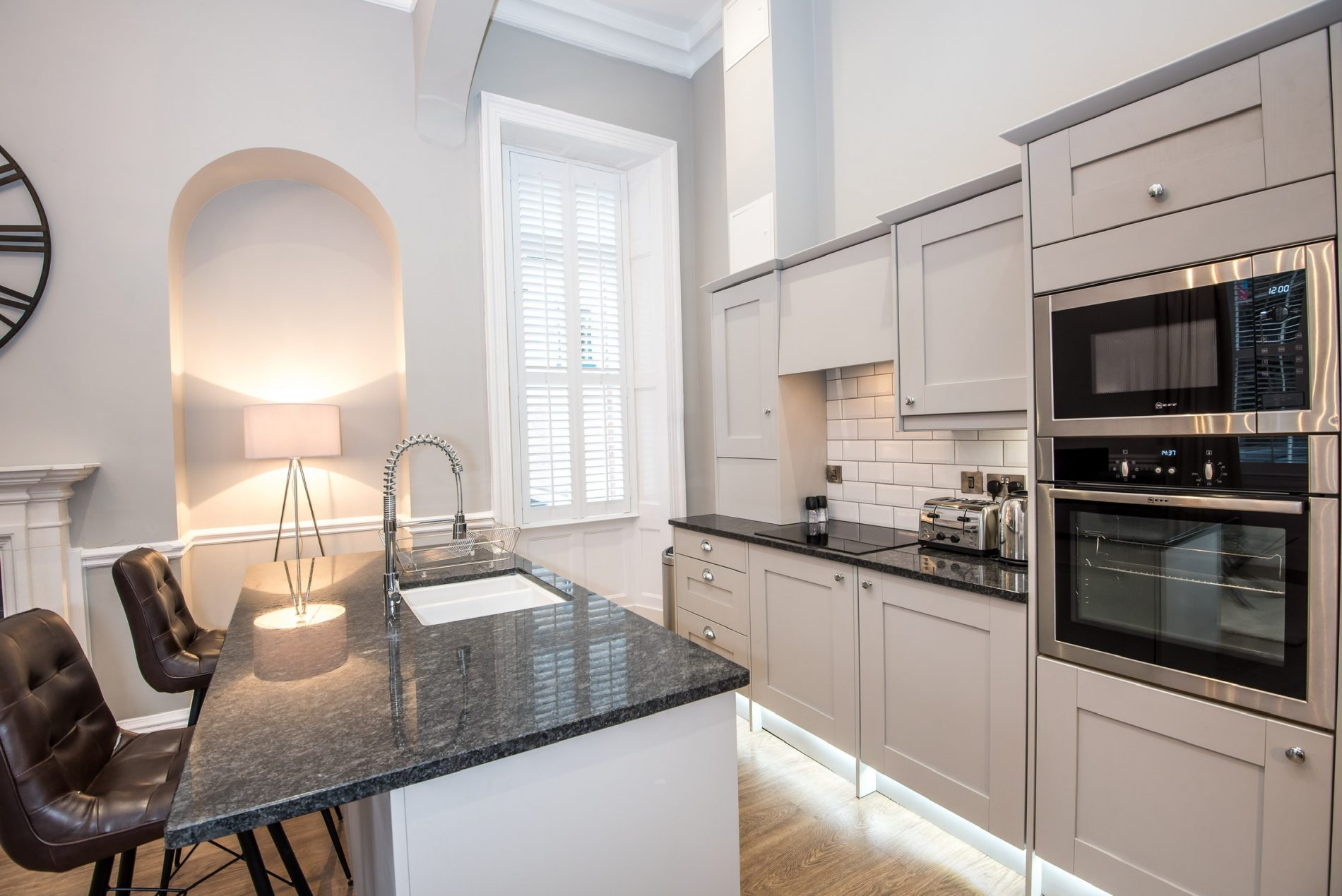
What You Need to Know Before Letting Out Your Holiday Home
Tuesday 1st February, 2022 by Host & Stay
Renting out a holiday home often seems like the best of both worlds: a bolthole for you to escape to whenever you want (within reason) along with some extra income.
However, it’s not quite as simple as it seems; there are a number of things to consider before you take the plunge and buy a holiday let property.
From holiday home council tax to the legal requirements for letting a holiday property, here are some of the key things to consider.

Find your dream home-from-home
Whether you have an existing property or you’re looking to buy, the key question to ask yourself is: would I pay to visit?
To maximise your returns, your holiday home should be in a fairly popular tourist destination. This could be by the coast, in the hills or on the outskirts of a city – in short, somewhere where people want to go.
The next thing to consider is if the property itself offers everything a holidaymaker needs. Access to parking, WiFi and a safe place for children to play are top on the list for many people. Take a look at it with a critical eye: is there anything missing? And, if so, what can you do about it?

The financial aspects
Unfortunately, letting a holiday home isn’t simply a matter of listing it online and away you go; there are a variety of financial implications to consider.
First up is tax. When it comes to the property itself, rates and taxes differ from residential. If your property is in England, and available to rent for 20 weeks (140 days) or more, you must be registered for business rates property tax.
This replaces the council tax you would otherwise be liable for. That’s because, if your holiday home is classified by HMRC as a furnished holiday let business which is run commercially, you no longer need to pay council tax on the property. However, if you own a holiday home which is used mainly as a second home and isn’t let out commercially, you will still need to pay council tax.
Furthermore, in terms of your personal tax payments, you’ll need to complete a Self-Assessment tax return, as if you were a residential landlord. There is some good news though – holiday home Hosts may qualify for a number of tax benefits, including capital allowances on furniture and furnishings, and Capital Gains Tax reliefs.

Know the law
As well as making sure you’re paying what’s necessary, you’ll need to make sure you’re abiding by all rules and regulations surrounding holiday home ownership.
First of all, a thorough fire risk assessment should be top of your list when letting. As well as being a legal requirement, it’s also a potentially life-saving measure to keep your guests safe. Alongside the obligatory smoke alarms, consider installing other fire safety measures such as extinguishers and fire blankets.
If you have an open fire or log burner, it’s usually a requirement that the chimney must be swept at least once a year.
Gas is another potentially fatal hazard, so if your let contains any gas appliances you’re legally required to ensure that these are correctly installed and maintained by certified Gas Safe engineers, as well as being checked on an annual basis.
Additionally, the furniture in your property by law must comply with the Furniture and Furnishings (Fire Safety) Regulations 1998 (amended 1989, 1993 and 2010).
This covers all upholstered furniture, which must meet specified ignition resistance levels and be appropriately labelled.
Your electrical goods are also subject to legislation, namely the Electricity at Work Regulations 1989, which states that all electrical systems in the property are fully maintained for the safety of guests.
For more information on all the above, check out our blog on the legal requirements of owning a holiday home here.

How to find guests
Again, not always as easy as it seems. Yes, as soon as you announce your intentions, you’ll have family and friends queuing up to stay – but that’s not enough to sustain a business.
Instead, consider working with a holiday home property management firm like Host & Stay. We’ll take care of everything, from taking the photos and advertising the property to taking bookings and setting prices.
Whether you’re at the start of your journey or want to make the most of an existing property, our aim is simple – to make you more money from your holiday home.
Get in touch today to find out what we can do for you. https://hostandstay.co.uk/host/get-started/